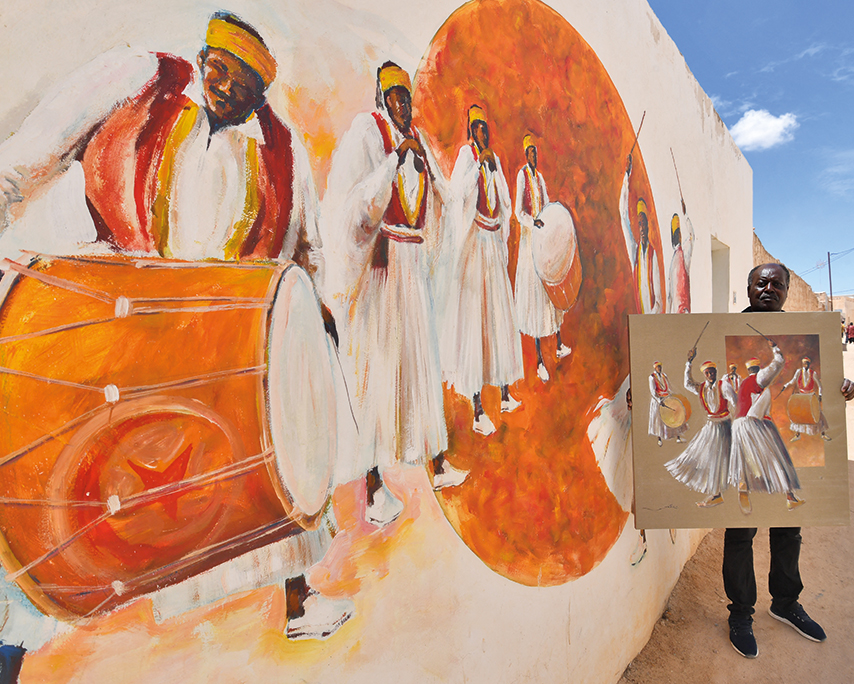Crafting a digital future that is authentically African and globally competitive
As Africa continues to expand its digital frontier, the real opportunity lies not in mimicking external storytelling models but in crafting a digital ecosystem anchored in local language, culture, data, and identity. Imported content often falls flat because it speaks in tongues unfamiliar to its audience—missing the nuances, values, and vernaculars that make African societies distinct.
The continent’s future in storytelling is more than a blank page; it is a live, dynamic canvas shaped by culture, innovation, and an urgent question: How do we build a digital content ecosystem that is authentically African yet globally competitive and scalable?
This question demands more than tech jargon or imported roadmaps. It calls for clarity of purpose, confidence in local knowledge, and pragmatic strategy. While the internet has offered Africa access to the world, being present in digital spaces is not the same as having power within them.
To close this relevance gap, we must do three things. First, generate and own our data. This will involve capturing the lived realities, consumption patterns, and cultural behaviours unique to our communities. Second, tell our digital identity stories, not as a reaction to Western narratives but as proactive, creative expressions of who we are across regions, languages, and generations. Third, design digital tools and platforms within social, cultural, and linguistic contexts of the communities we serve, whether urban youth in Lagos, pastoralists in northern Kenya, or market traders in Accra.
Own the data, shape the future
Data is not just a by-product of digital life but a resource, a responsibility, and a roadmap. Yet much of Africa’s digital data is still collected, stored, and monetised elsewhere. To build an African digital content ecosystem, we must invest in data sovereignty—creating systems that collect, protect, and interpret data in ways that reflect and serve African contexts.
Owning our data allows for smarter policymaking, better products, and more ethical digital economies. It also gives African innovators and creatives the confidence to create and design with evidence—not just instinct.
Tell digital stories that reflect us
Africa has never lacked storytellers—only platforms. In a media landscape long shaped by outsiders, it is time to own our digital identity stories. However, it is not about crafting counter-narratives in reaction to Western stereotypes. It is about asserting stories of self—urban joy, rural ingenuity, political resilience, and cultural vibrancy—told in our languages, through our lenses.
It also means investing in the infrastructure of cultural production: translation networks, content creation hubs, distribution pipelines, and digital archiving tools that preserve and platform African voices. Content is power, and narrative sovereignty is essential to digital content sovereignty.
Begin with the local, dut design for the world
We have repeatedly heard that Africa’s diversity is not a challenge but an asset. Local languages, customs, aesthetics, and values hold rich potential for digital innovation. Whether it is fintech solutions tailored to informal markets, educational apps adapted to oral cultures, or storytelling platforms in Indigenous languages, the real power lies in starting with local relevance. But this does not mean staying small. What begins in Kisumu or Bamako can scale to Johannesburg, Cairo, or even Jakarta if designed with adaptability. The goal is to go deep and wide—culturally grounded and globally ready.
Being globally competitive will mean setting a new bar with value-driven innovation. Africa’s competitive edge lies not in scale alone but in solving real problems creatively and sustainably.



